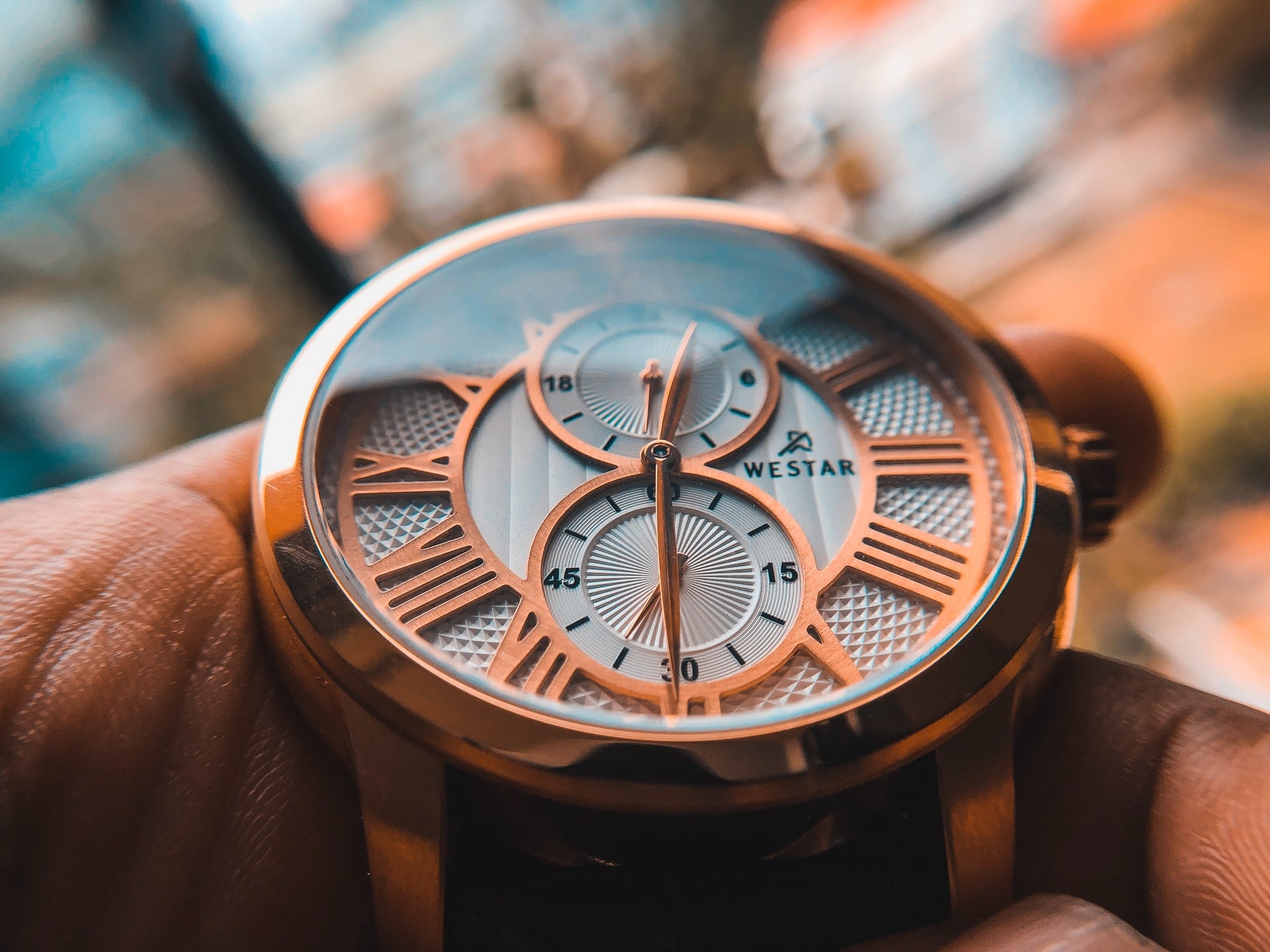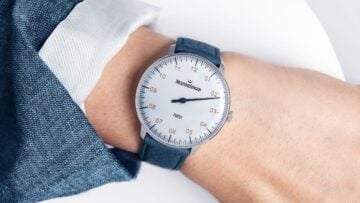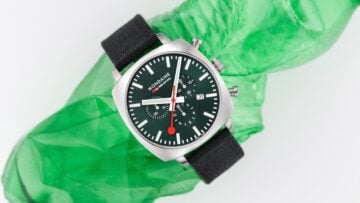A hand-wound watch is an investment. As with any investment it requires work and needs to be maintained to keep its value. Any mechanical watch requires a degree of maintenance however hand-wound watches need the most care. This type of timepieces are reliable and sturdy and will be with you for years to come as long as they are taken care of properly. It is important to keep this in mind when purchasing one. A hand-wound watch is for those willing to take the time and effort to maintain the delicate mechanism. Below we have listed a few pointers on how to maintain a hand-wound watch if you’re a fan of the movement but aren’t sure how to keep your timepiece in top shape or if you’re the proud owner of a new hand-wound piece and want to make sure you’re taking care of one the right way.
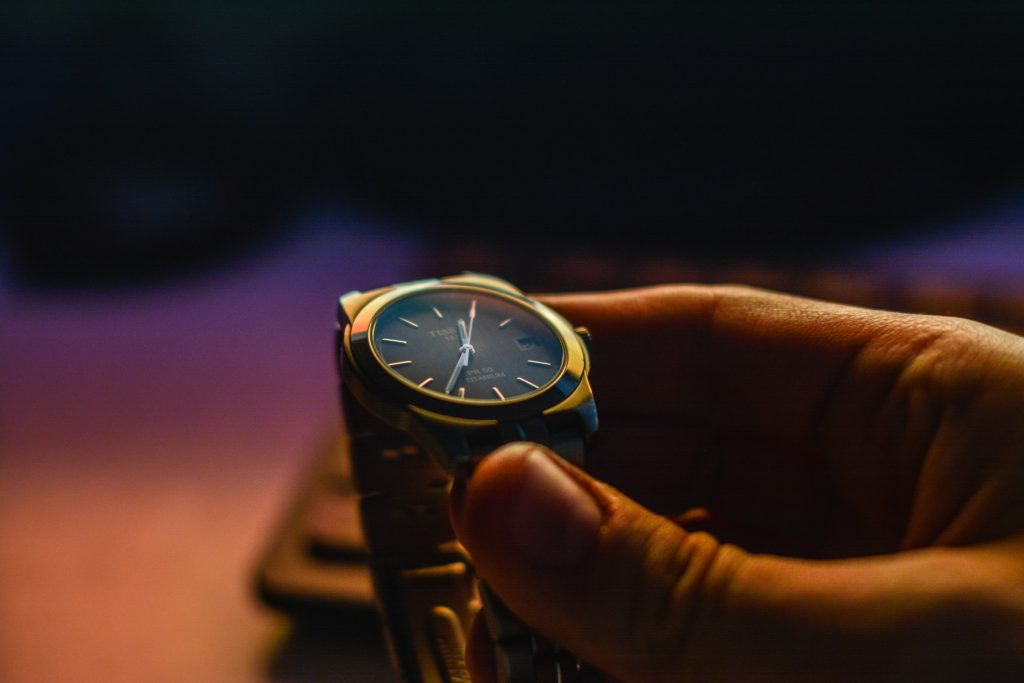
Winding
Winding the watch is an intrinsic part of owning a hand-wound watch. A good way to make sure the timepiece is always accurate and working properly is to make winding it a habit. Include it in your morning routine. That way you’ll get a few minutes to prepare for the day ahead and you’ll always be on time.
As your watch will need winding very often making sure you know the correct way to set it is vital. To avoid crown damage only wind your watch off the wrist. Though it might be tempting, having to tilt the watch up by the crown because its less of a hassle, in the long run, this will damage and bend the crown causing more internal damages and making the watch inaccurate and unable to wind. When winding the watch you also need to make sure you’re not overwinding it. Winding the watch too tight can separate the crown from the mechanism and break the movement. You’ll know the movement is fully wound when you start feeling resistance in the crown. You should still be able to turn it but it should be more difficult to do so.
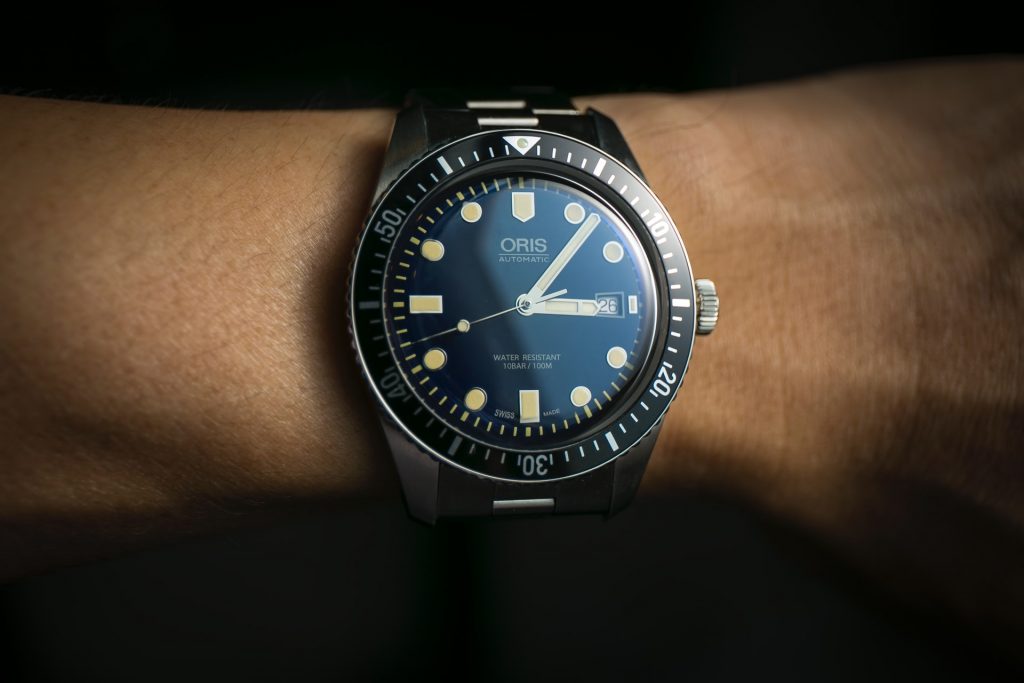
Servicing
Like any watch, whether it be mechanical or quartz, in order for it to be functioning correctly it needs to be serviced regularly, every 3 to 5 years. The frequency at which you do a full service on your timepiece depends entirely on its age and how much wear you got out of it. If it’s a vintage watch that you wear every day, the more often you get the piece checked the better. As mechanical watches rely on tension and winding to work, the watch’s gears can get worn out and cause the gears to bend or get misaligned. Another reason you need the watch regularly serviced is due to the lubrication on the gears. As time passes it can dry and this will eventually lead to faster wear of the gears and further damage. Getting your hand-wound watch serviced is incredibly important as unlike quartz watches hand-wound timepieces rely on the mechanism to function and if issues are not resolved in time it can lead to the watch being unusable.
One of hand-wound watches’ biggest enemies is moisture. Thankfully nowadays there are seals and features included on models to prevent water damage. Servicing the watch will also make sure those seals and features are working as they should be. Make sure to have the water-resistance of your watch checked each time you get it serviced. If you often go into water, especially for prolonged periods of time, you will need to get the water-resistance checked more often. It is best to do so at least once a year.
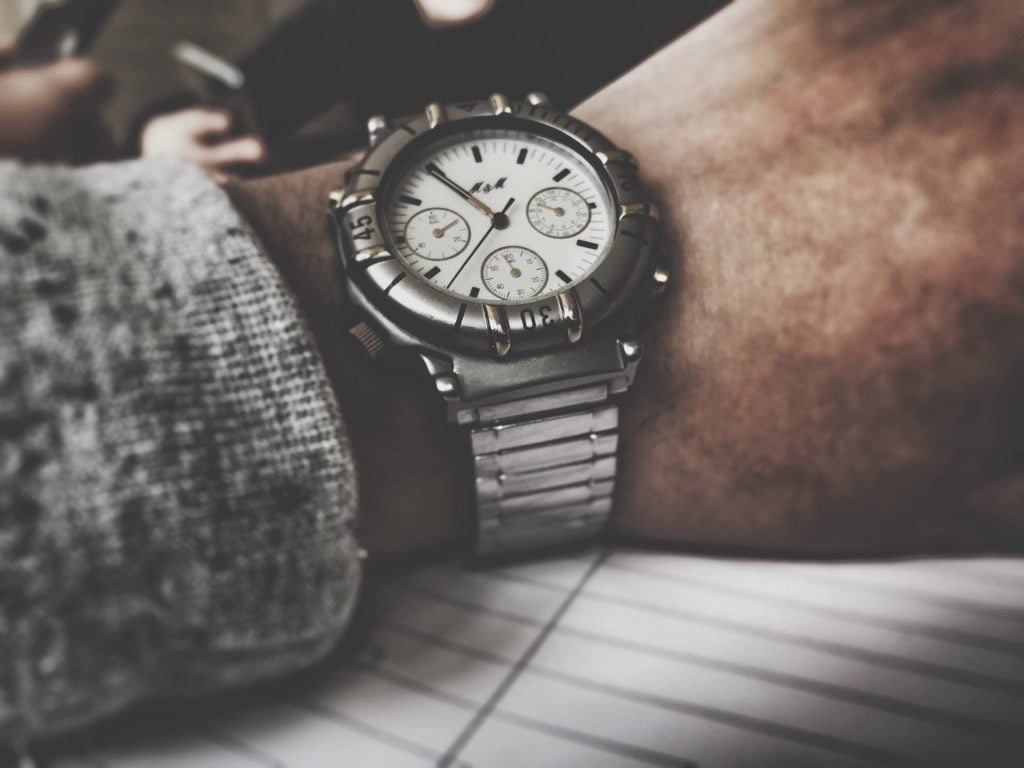
What to Avoid
As mentioned above water and moisture are very detrimental to any watch, especially a mechanical piece. If your watch is not meant for swimming and doesn’t have a water-resistance of 10 bars or higher, it’s advisable to avoid getting it wet, just in case. Keep in mind the water-resistance of your timepiece before jumping into the pool. Though your watch might survive a splash or an accidental dip unless it is specified that the watch is able to resist up to 50 to 100 metres or more, try to avoid contact with water.
Magnetism and shock also post significant danger to hand-wound watches. Magnetism can cause the springs inside the mechanism to stick together causing damage and making the watch stop working. Shock to the watch can misalign the gears and shift important parts inside the mechanism making the watch inaccurate at the least or worse breaking it altogether. To avoid these issues keep your hand-wound watch away from your TV, speakers, tablets or anything else that might contain magnets, as they will interfere with the accuracy. To keep the watch safe its best to store it away from all technology and in its box. Though it’s pretty difficult to avoid shock in general you can take steps to circumvent any possibility of your timepiece suffering damage. Save yourself the trouble and if you know you’ll be practising sports, especially high or medium contact sports or golfing, it’s best to not wear your mechanical piece.
If you’re interested in purchasing a hand-wound mechanical watch you can do so here.
Do you agree with our advice on how to maintain a hand-wound watch? Let us know in the comments below.

